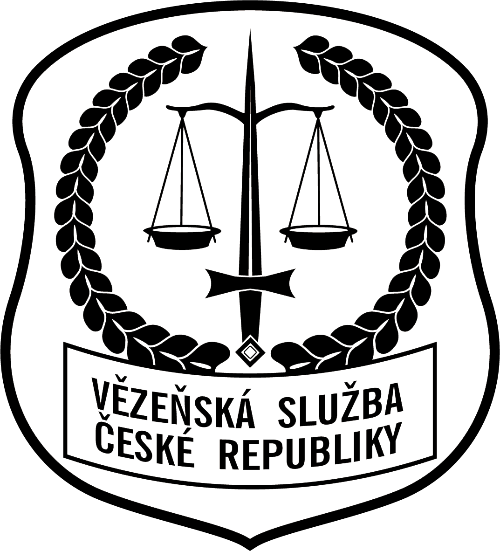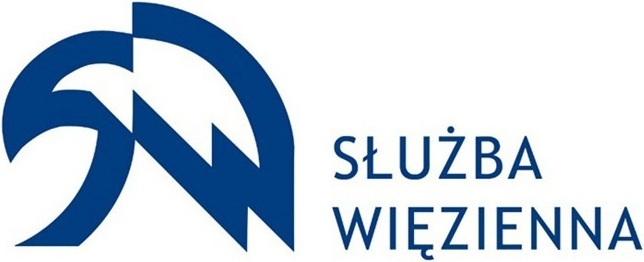History of the Prison
The Nitra-Chrenová Prison is one of the most modern prison establishments in Slovakia. It was established on 1 February 1992 by Order of the Minister of Justice No. 1/1992 and built on the premises of a former branch of the Nitra Remand Prison, where sentenced male prisoners classified in the first correctional group were previously held. Construction began on 17 June 1991, proceeded in several phases, and was completed with the handover of the administrative building on 20 December 1999.
The Present
The Nitra-Chrenová Prison is designated for the imprisonment of sentenced women classified under the minimum, medium, and maximum security levels, as well as for female juvenile prisoners. In order to enhance the effectiveness of treatment for specific categories of sentenced prisoners, the facility operates not only standard units but also specialized units: admisison unit, unit for life-sentenced prisoners, closed unit, specialized treatment unit, high-security regime unit, and pre-release unit.
The treatment of sentenced women takes into account their physiological and psychological specificities. It includes all prison-based activities aimed at supporting and developing responsibility, respect for laws and social norms, positive personal traits, respect for others, self-respect, and healthy family relationships. Maintaining social ties is particularly important for sentenced women who are mothers of minor children.
A wide range of extracurricular activities is offered as part of the prison's cultural and educational programme. Prisoners can participate in quizzes, sports tournaments, competitions, entertainment events, cultural and educational programmes, some of which feature performances by musicians and theatre artists. Prisoners can also join hobby groups and contribute to the prison magazine CHRENOVSKÝ BABINEC. The prison library, which holds over 2,900 titles, also supports education and meaningful use of free time.
Education plays a key role in helping prisoners reintegrate into society after serving their sentence. Educational opportunities include general education, often delivered in modular form, social education, distance learning, and various courses. Illiterate prisoners can attend a literacy class, where they are taught not only reading and writing but also basic knowledge of nature and social sciences.
Religious Services
Religious care is provided by a chaplain of the Ordinariate in cooperation with various churches and religious communities. Services are available not only to sentenced women but also to members and employees of the Corps and their families.
Healthcare
Healthcare is provided by a general practitioner, dentist, and contracted specialists including a dermatologist/venereologist, psychiatrist, and gynecologist.
Employment
Employment is an essential part of the treatment of sentenced prisoners, due to its rehabilitative and economic significance. Sentenced women work in the prisons’s auxiliary industry centres and internal operations. Internal tasks include cleaning, kitchen assistance, logistics support, and clerical work. In its own production unit, the facility manufactures uniform accessories and socks for prisoners and for the Corps' prison officer´s uniform.
Employment opportunities in the auxiliary industry centres depend on the current labour market and the prison´s capacity. Internal and external workplaces are involved in the industrial, food, and agricultural sectors, including: tailoring, simple manual and handling tasks, product assembly and packaging, production of fire safety components for HVAC systems, assembly of plastic parts and concrete spacers, cable harness production, assembly of vehicle parts and accessories, vine cultivation and grape harvesting.
Prison Personnel
The prison employs 134 members of the Corps and 17 employees, 54% of whom hold a university degree. The prison actively supports the ongoing education and professional development of its personnel.
International Cooperation
The prison maintains active international cooperation, particularly with the Prison in Světlá nad Sázavou in the Czech Republic.








